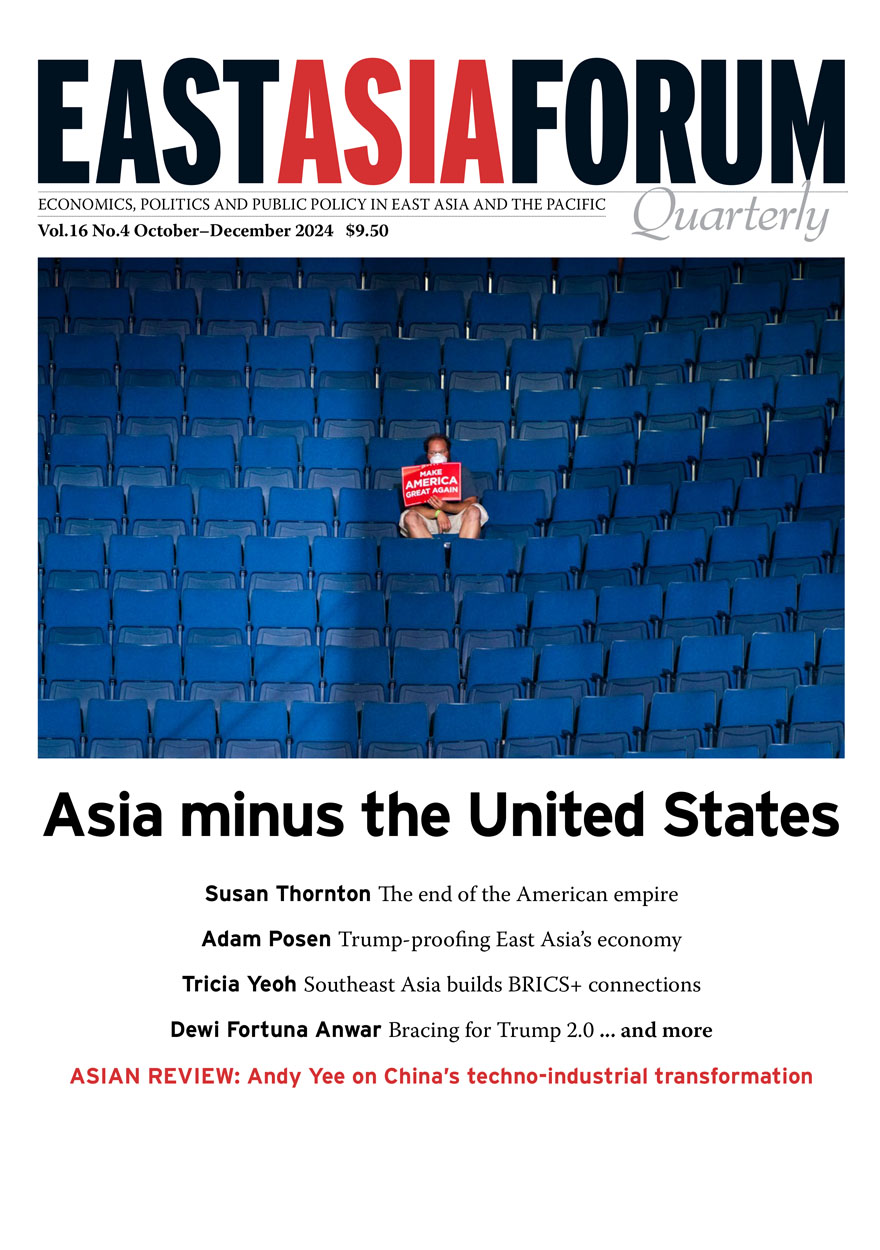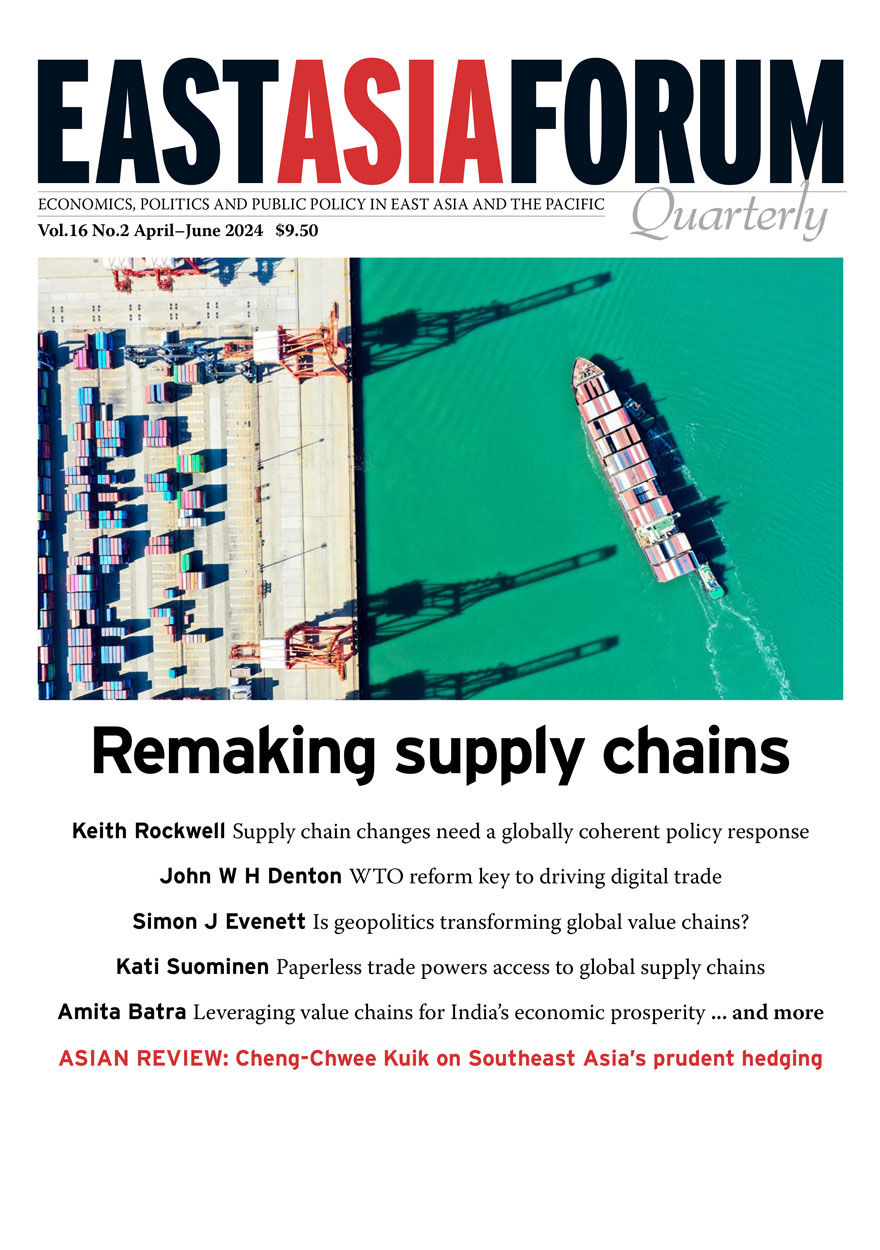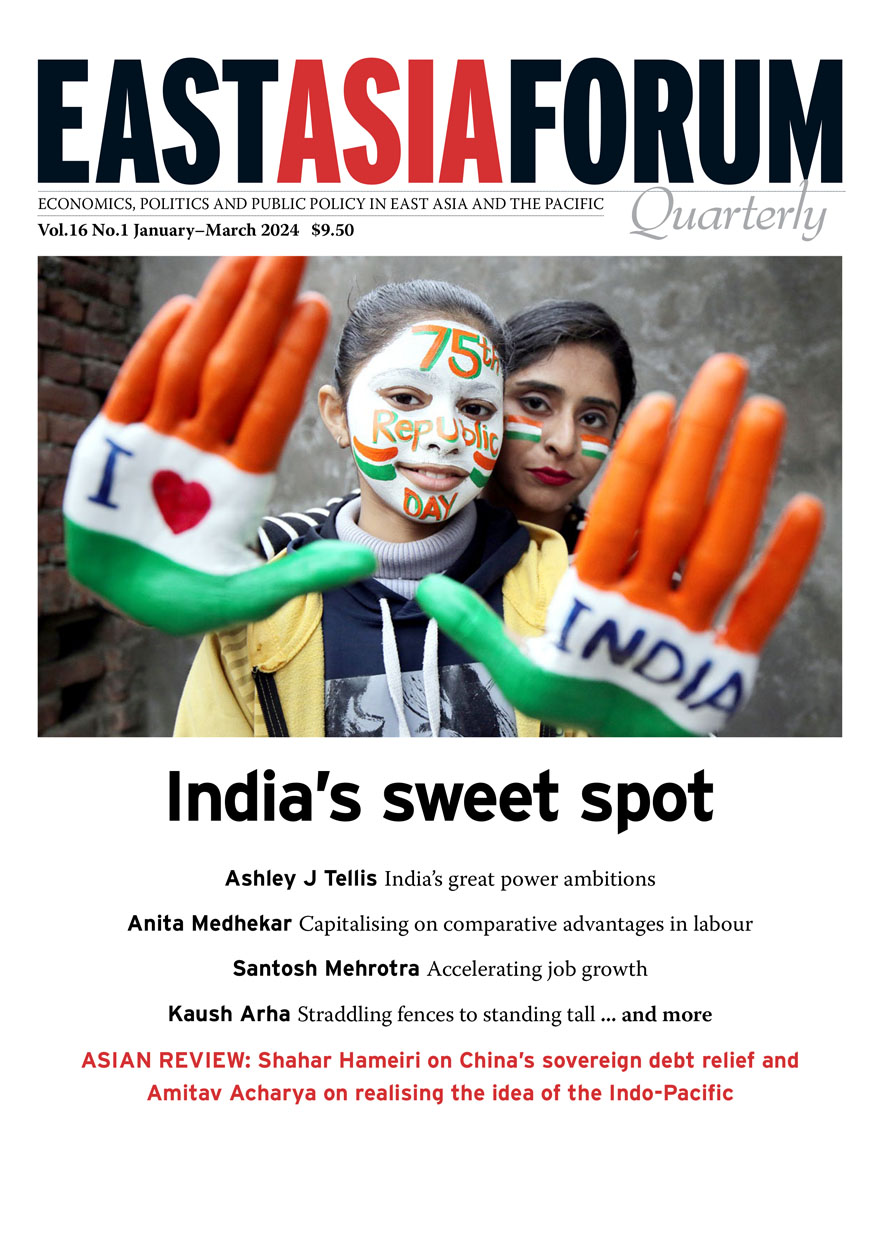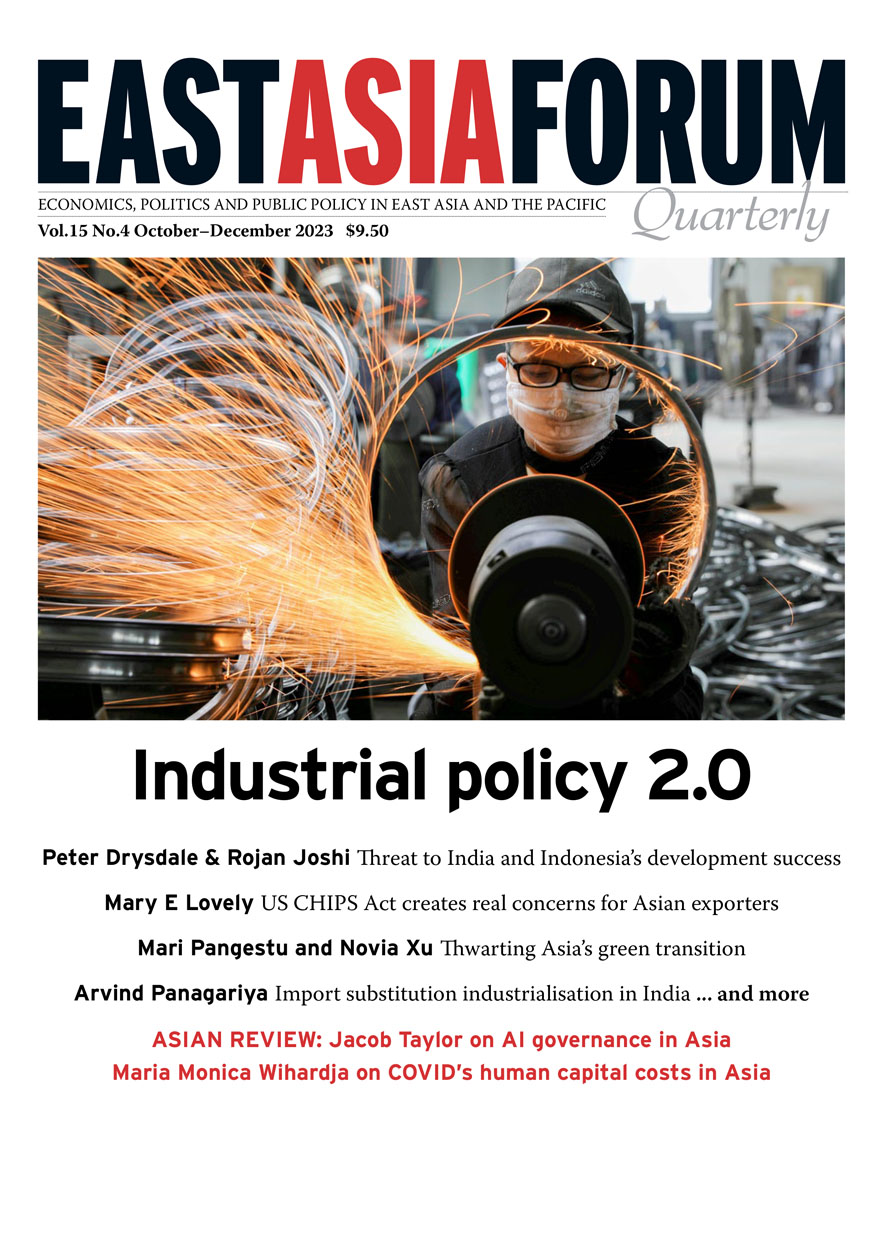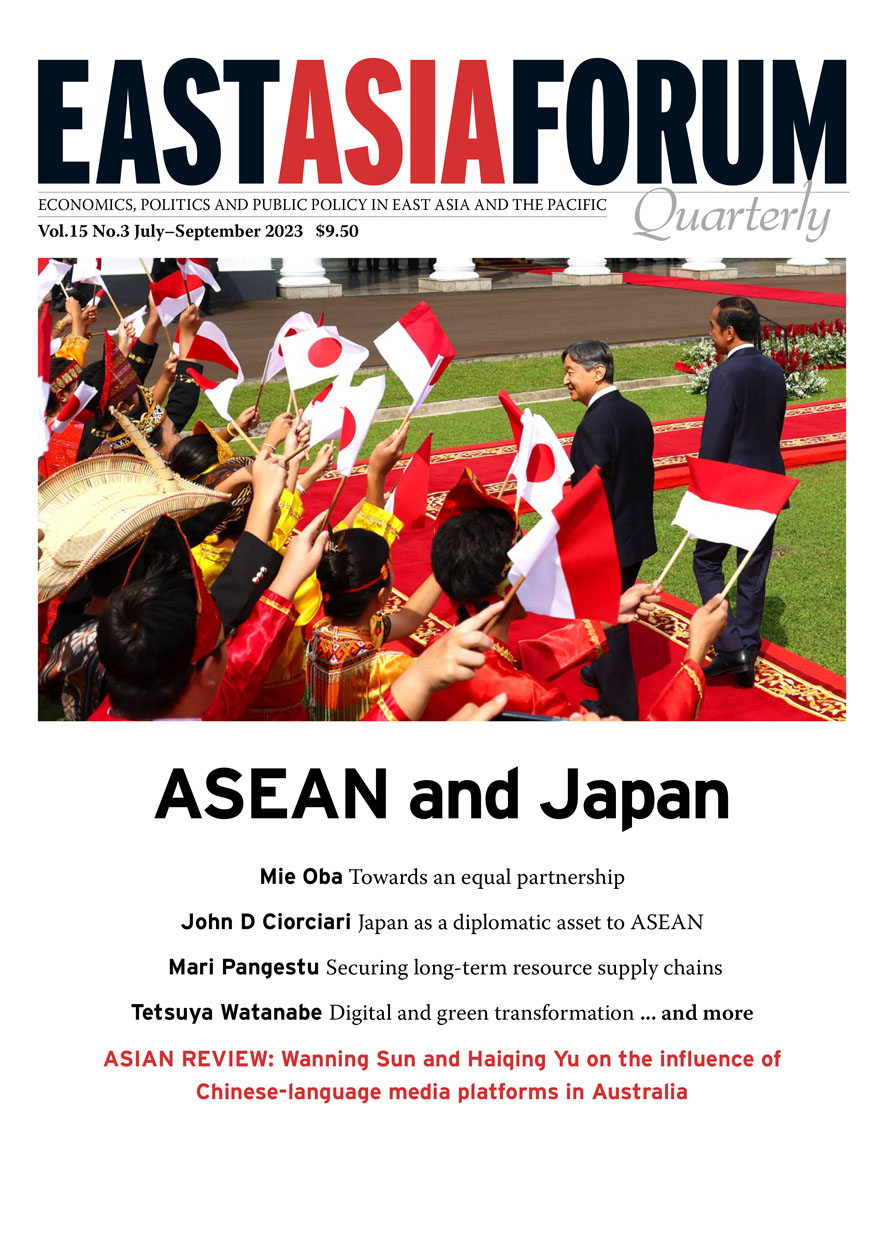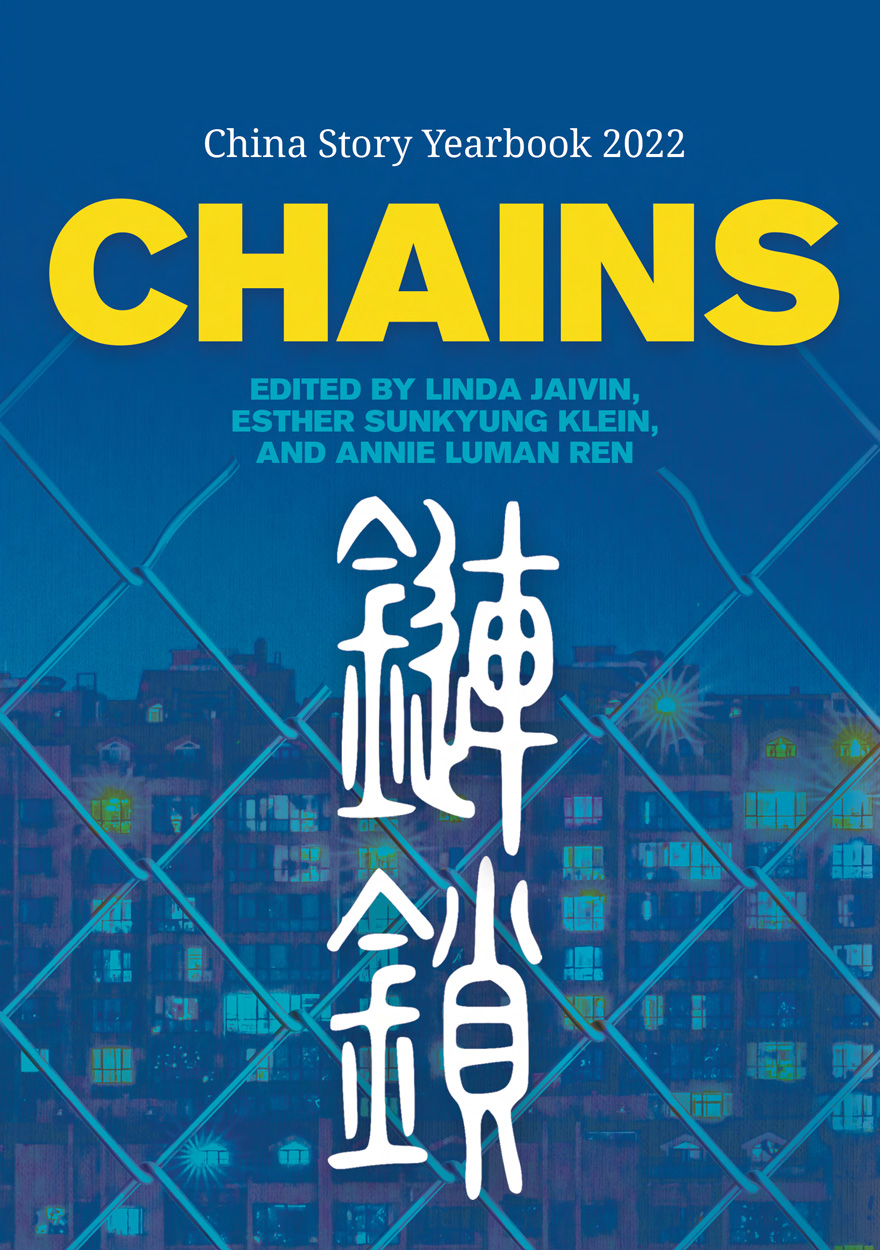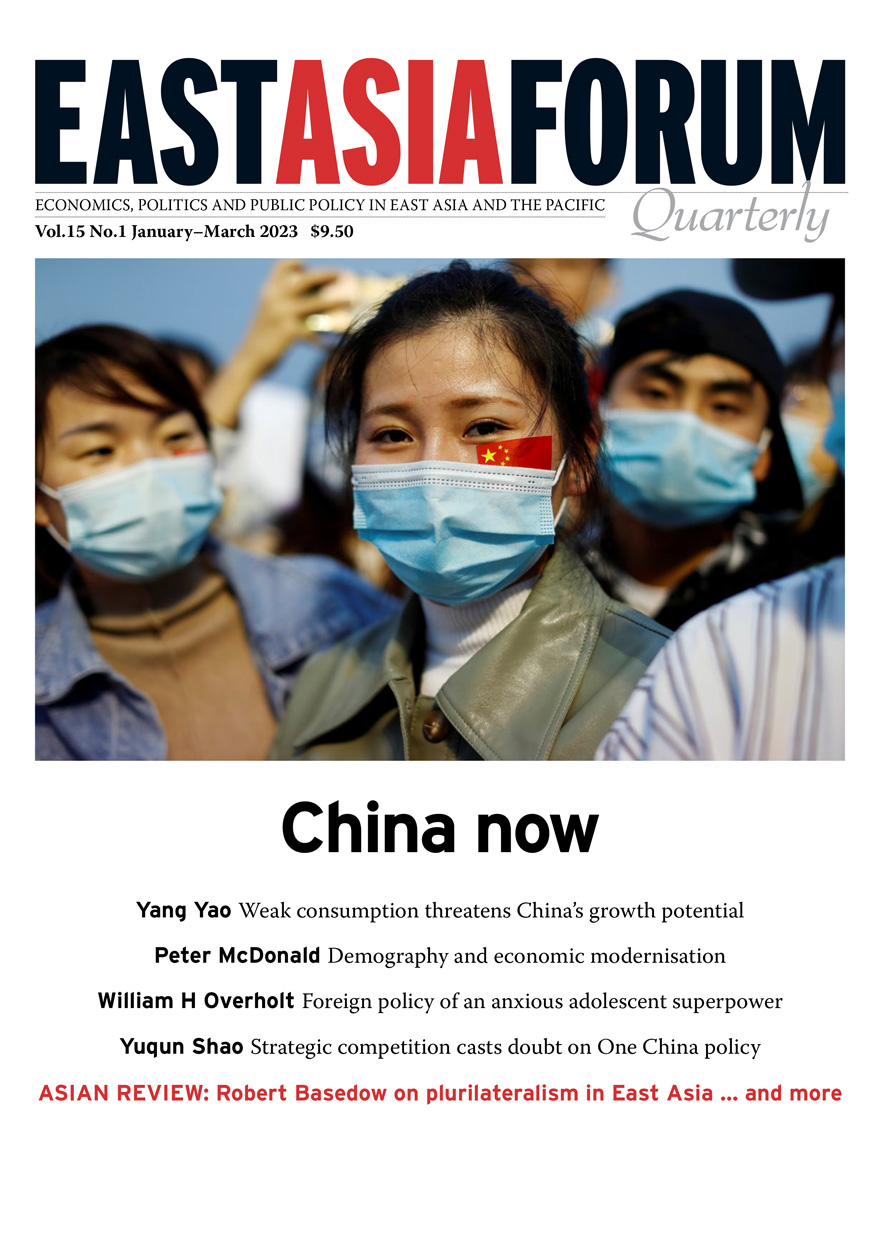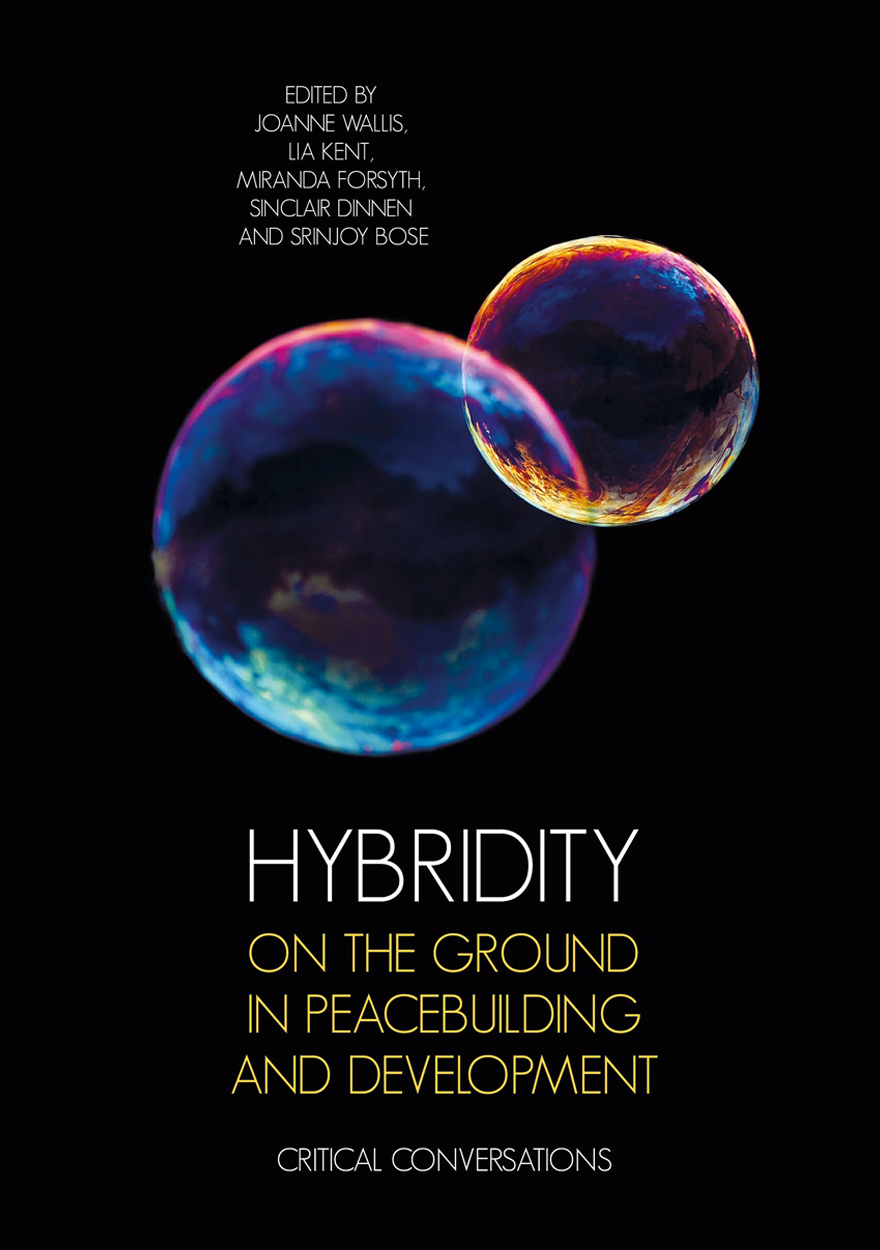
Hybridity on the Ground in Peacebuilding and Development
Critical Conversations
Edited by: Joanne WallisPlease read Conditions of use before downloading the formats.
Description
Hybridity on the Ground in Peacebuilding and Development engages with the possibilities and pitfalls of the increasingly popular notion of hybridity. The hybridity concept has been embraced by scholars and practitioners in response to the social and institutional complexities of peacebuilding and development practice. In particular, the concept appears well-suited to making sense of the mutually constitutive outcomes of processes of interaction between diverse norms, institutions, actors and discourses in the context of contemporary peacebuilding and development engagements. At the same time, it has been criticised from a variety of perspectives for overlooking critical questions of history, power and scale. The authors in this interdisciplinary collection draw on their in‑depth knowledge of peacebuilding and development contexts in different parts of Asia, the Pacific and Africa to examine the messy and dynamic realities of hybridity ‘on the ground’. By critically exploring the power dynamics, and the diverse actors, ideas, practices and sites that shape hybrid peacebuilding and development across time and space, this book offers fresh insights to hybridity debates that will be of interest to both scholars and practitioners.
‘Hybridity has become an influential idea in peacebuilding and this volume will undoubtedly become the most influential collection on the idea. Nuance and sophistication characterises this engagement with hybridity.’
— Professor John Braithwaite
Details
- ISBN (print):
- 9781760461836
- ISBN (online):
- 9781760461843
- Publication date:
- Mar 2018
- Imprint:
- ANU Press
- DOI:
- http://doi.org/10.22459/HGPD.03.2018
- Series:
- Pacific Affairs Series
- Disciplines:
- Arts & Humanities: Cultural Studies; Social Sciences: Development Studies, Politics & International Studies, Social Policy & Administration
- Countries:
- Pacific: Papua New Guinea, Timor-Leste, Solomon Islands; Southeast Asia: Philippines
PDF Chapters
Hybridity on the Ground in Peacebuilding and Development »
Please read Conditions of use before downloading the formats.
If your web browser doesn't automatically open these files, please download a PDF reader application such as the free Adobe Acrobat Reader.
To copy a chapter DOI link, right-click (on a PC) or control+click (on a Mac) and then select ‘Copy link location’.
- Preliminary Pages (PDF, 0.2MB)
- Foreword (PDF, 0.1MB)
- Preface (PDF, 0.1MB)
- Introduction (PDF, 0.2MB) – Lia Kent, Srinjoy Bose, Joanne Wallis, Sinclair Dinnen and Miranda Forsyth
Section One — Theorising Hybridity
- The ‘Hybrid Turn’: Approaches and Potentials (PDF, 0.2MB) – M. Anne Brown doi
- Power, Politics and Hybridity (PDF, 0.1MB) – Paul Jackson and Peter Albrecht doi
- Hybridity Revisited: Relational Approaches to Peacebuilding in Complex Sociopolitical Orders (PDF, 0.1MB) – Charles T. Hunt doi
- Should the Concept of Hybridity Be Used Normatively as well as Descriptively? (PDF, 0.2MB) – Miranda Forsyth doi
- Is There Still a Place for Liberal Peacebuilding? (PDF, 0.2MB) – Joanne Wallis doi
- Against Hybridity in the Study of Peacebuilding and Statebuilding (PDF, 0.1MB) – Shahar Hameiri and Lee Jones doi
Section Two — Hybridity and Peacebuilding
- Hybridisation of Peacebuilding at the Local–International Interface: The Bougainville Case (PDF, 0.1MB) – Volker Boege doi
- Reflections on Hybridity as an Analytical Lens on State Formation: The Case of Solomon Islands (PDF, 0.2MB) – Sinclair Dinnen and Matthew Allen doi
- Engaging with ‘The Everyday’: Towards a More Dynamic Conception of Hybrid Transitional Justice (PDF, 0.2MB) – Lia Kent doi
- Post-hybridity Bargaining and Embodied Accountability in Communities in Conflict, Mozambique (PDF, 0.2MB) – Victor Igreja doi
- Hybrid Peacebuilding in Hybrid Communities: A Case Study of East Timor (PDF, 0.3MB) – James Scambary and Todd Wassel doi
Section Three — Hybridity, Security and Politics
- Hybrid Peace/War (PDF, 0.2MB) – Gavin Mount doi
- (In)Security and Hybrid Justice Systems in Mindanao, Philippines (PDF, 0.3MB) – Imelda Deinla doi
Section Four — Hybridity and Gender
- Inside and Out: Violence against Women and Spatiality in Timor‑Leste (PDF, 0.1MB) – Damian Grenfell doi
- Hybridity and Regulatory Authority in Fiji: Vernacular Perspectives on Gender and Security (PDF, 0.3MB) – Nicole George doi
- Hybridity in Port Moresby: Gender, Class and a ‘Tiny Bit of Feminism’ in Postcolonial Papua New Guinea (PDF, 0.3MB) – Ceridwen Spark doi
Reviews
Overall, the book not only introduces a critical assessment of hybridity, but also presents a critical gender analysis of the concept –as well as the practice– in Peace and Conflict Studies, still at the margins of the field … The authors have composed a brilliant publication that offers not only a profound critical introduction to the concept and practice of hybridity, but also a broader contextualisation of its development in the field. In problematising the borders of the ‘international’ and the ‘local’, the varied kinds of power-relations they can develop within the blur spaces between both, and the diverse role that class, race and gender can play, the volume sheds light into the challenges, contradictions and risks of focusing on hybridity as a unique way of building socially accepted sustainable peace.
—Itziar Mujika Chao, Journal of Intervention and Statebuilding, January 2019
The full review can been read on the Taylor and Francis website
Other publications that may interest you





